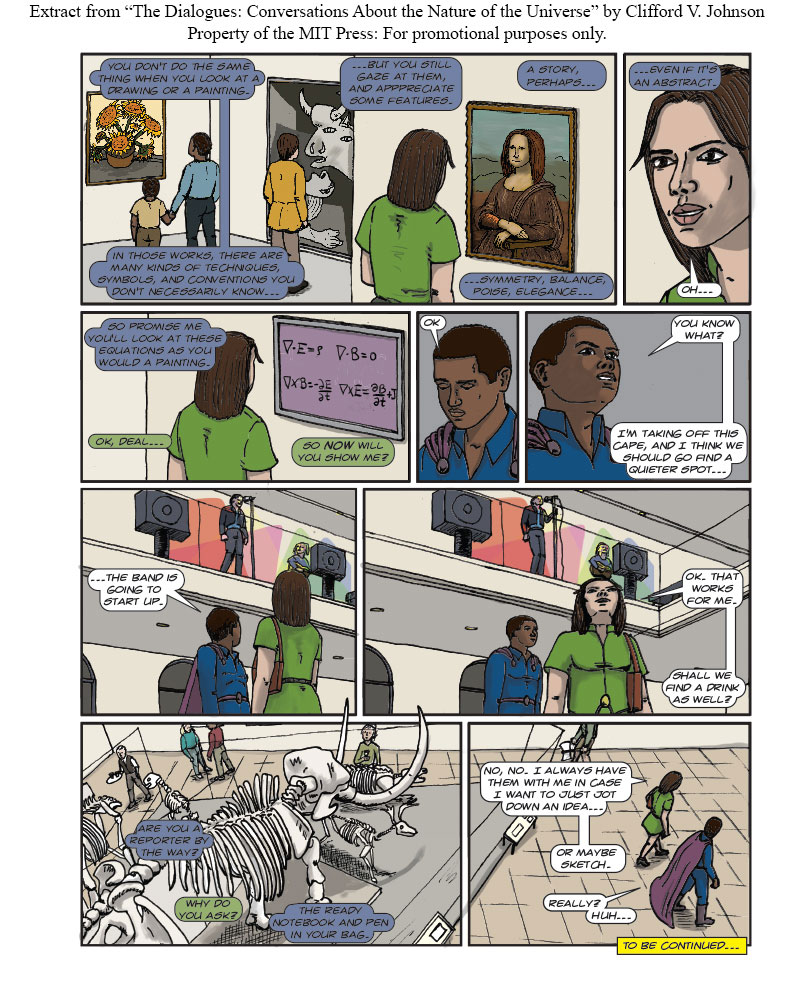Peter Mascher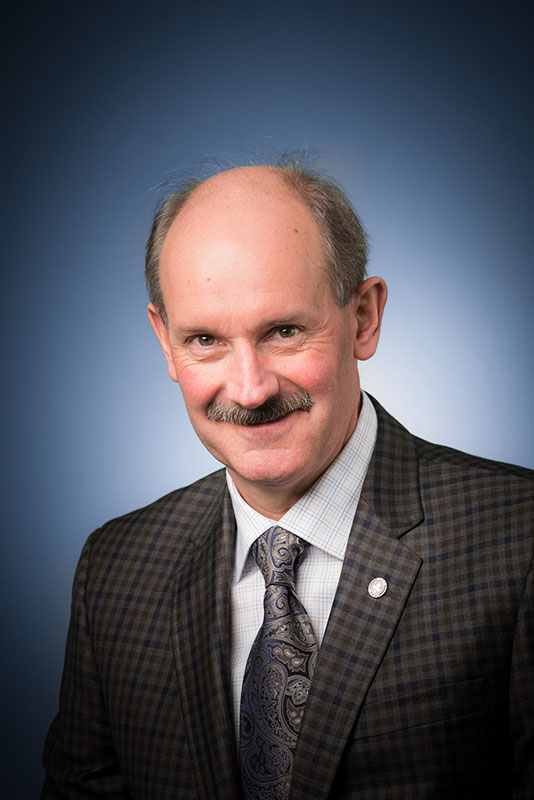 is a professor in the Department of Engineering Physics and holds the William Sinclair Chair in Optoelectronics at McMaster University in Ontario, Canada. There, he leads a research group specializing in the fabrication and characterization of nanostructures. Mascher was recently named technical editor of the ECS Journal of Solid State Science and Technology (JSS) in the area of dielectric science and materials.
is a professor in the Department of Engineering Physics and holds the William Sinclair Chair in Optoelectronics at McMaster University in Ontario, Canada. There, he leads a research group specializing in the fabrication and characterization of nanostructures. Mascher was recently named technical editor of the ECS Journal of Solid State Science and Technology (JSS) in the area of dielectric science and materials.
The Electrochemical Society: What made you want to take on an ECS editorial role?
Peter Mascher: I’ve been a member of the ECS Dielectric Science and Technology Division for many years and we’ve had many discussion on how to raise the quality of submissions to JSS and by extension, the quality of the journal overall. At some point in time, when the opportunity arises, one should try to make a contribution rather than just discussing it. I think there are avenues toward increasing the profile of the journal and I hope I can make a contribution there.
ECS: What do you hope to accomplish in your new role as JSS technical editor?
PM: I would like my colleagues who contribute to the ECS meetings in the various symposia to be much more aware of the journal and the opportunity to publish in JSS, which will help increase the overall quality. There should be a strong connection between the excellent presentations that are given at the various symposia at ECS meetings and the manuscripts that are being submitted to the journal.


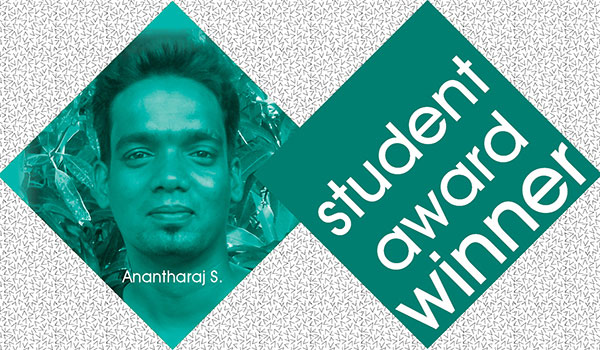 The winner of the inaugural
The winner of the inaugural 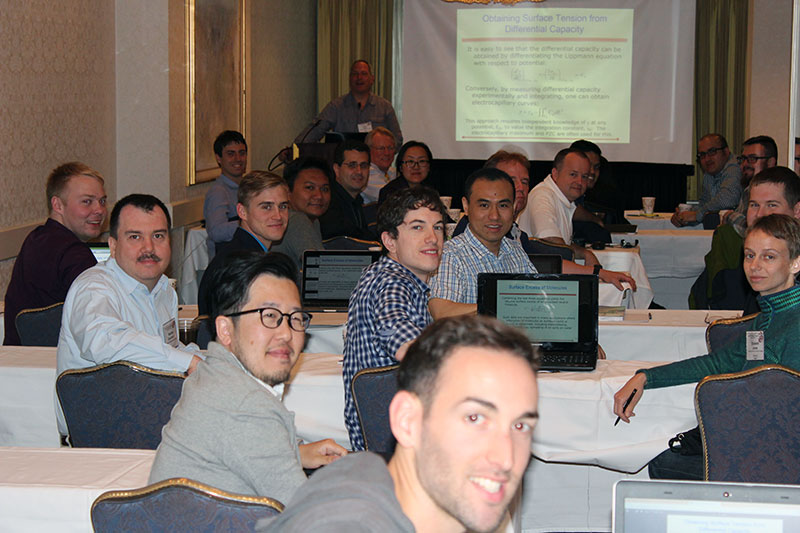 At each of our biannual meetings, ECS works with our education committee to provide professional development programming to help our students and young professionals develop skills for their current and future careers. ECS provides new topics at each meeting and helps attendees build their professional network.
At each of our biannual meetings, ECS works with our education committee to provide professional development programming to help our students and young professionals develop skills for their current and future careers. ECS provides new topics at each meeting and helps attendees build their professional network.
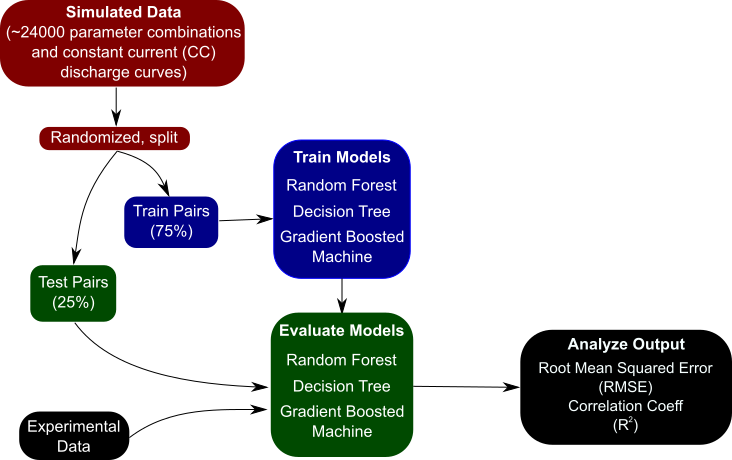
 Deadline: March 1, 2018
Deadline: March 1, 2018
 The
The  The ECS Transactions (ECST) enhanced issues for the 233rd ECS Meeting in Seattle, WA, have just opened to submissions.
The ECS Transactions (ECST) enhanced issues for the 233rd ECS Meeting in Seattle, WA, have just opened to submissions.